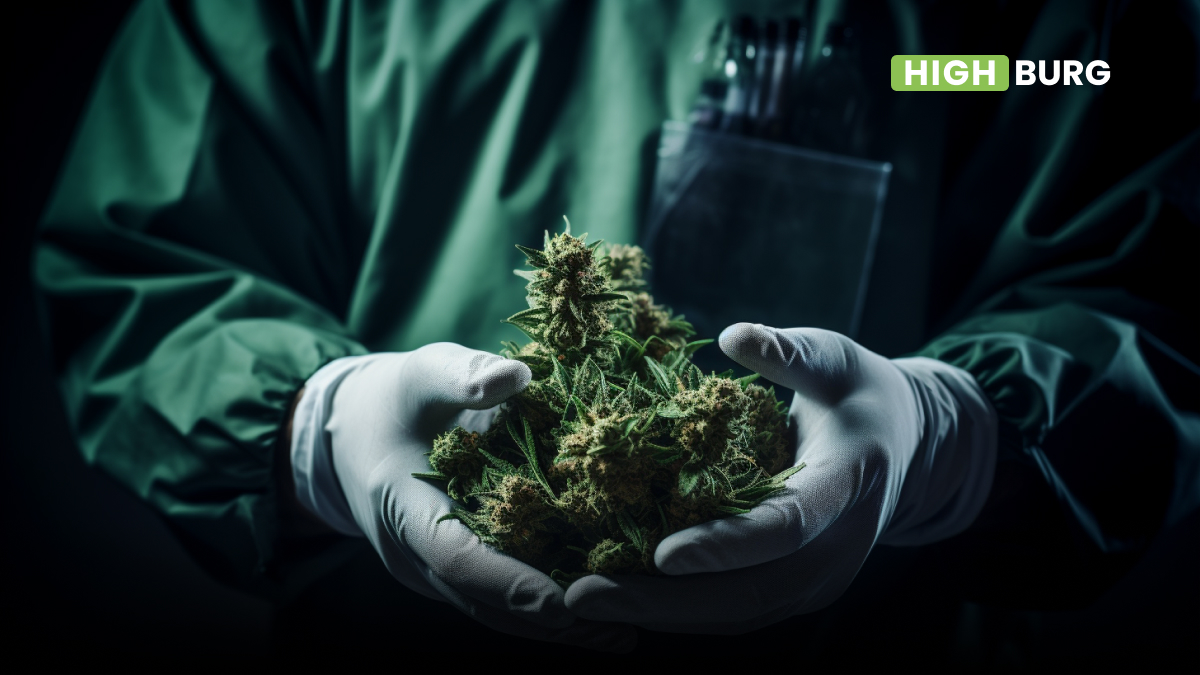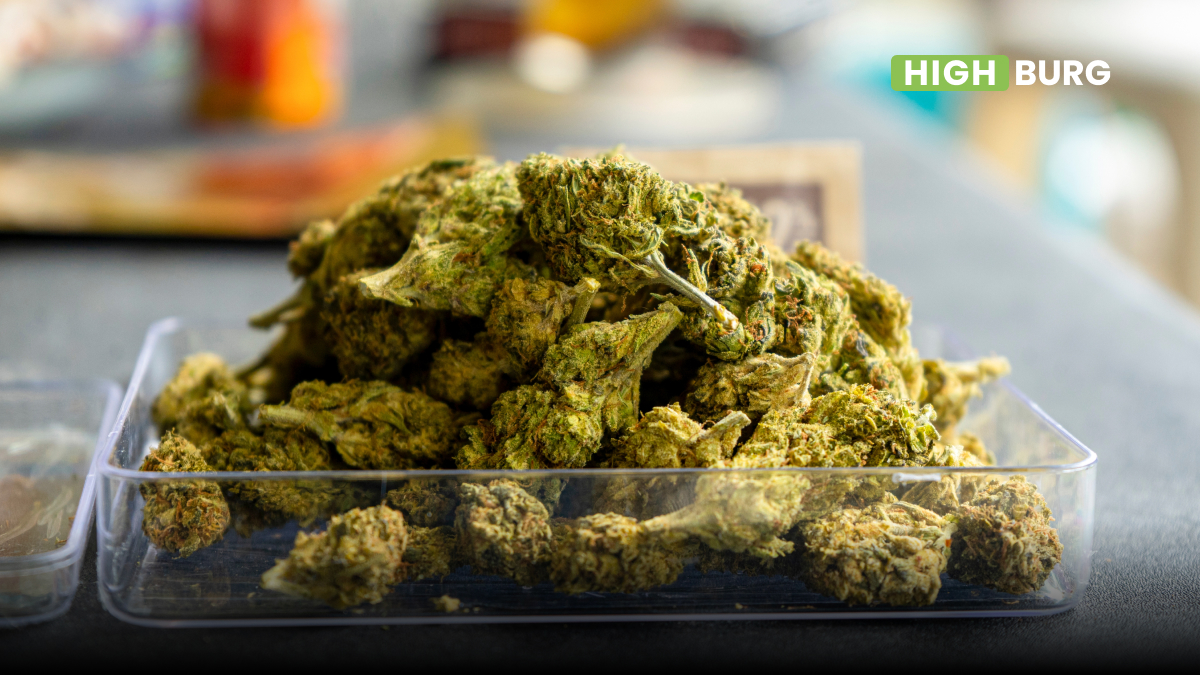At first thought, you could believe anesthesia and cannabis can’t be that closely related. It should be noticed that they can easily play against each other when used at the same time. While cannabis can be used for relaxation and stress relief, it sends similar messages to your body that anesthesia does before surgery. It’s important to understand that although anesthesia is a much more powerful relaxant than cannabis, both drugs do achieve a relaxation effect on your body, and they do so through similar mechanisms in your brain.
As a result, they don’t mix together well because both substances are competing for some of the same space in your brain. Specifically being to GABA receptors.
What does GABA stand for? Gamma-aminobutyric acid. These GABA receptors are what send messages throughout your nervous system. GABA receptors work to control the speed and even block messages from getting to your system. This process is how cannabis can make the user feel level-headed and relaxed.
So, if you have cannabis in your system at the time you receive anesthesia, the anesthesia will not be able to work as well as intended. Cannabis will reduce the effect of anesthesia.
Perception of Being Stoned During Surgery
There are two important reasons you don’t want anesthesia blocked by cannabis (or anything else, for that matter):
- Your body may not respond right to anesthesia. You are at risk of waking up during surgery;
- In order to mitigate this issue, it may be necessary for your anesthesiologist to administer a higher dose of anesthesia than usual, as substantiated by studies indicating a rise of up to 150%. This implies a greater likelihood of adverse effects such as an increase in heart rate, blood pressure, a prolonged period of waking up, and post-surgery nausea.
It’s also important to know that smokers also tend to have more risks from anesthesia. This is true if you smoke anything – cannabis or tobacco. The damage to your lungs from smoking means you could have more breathing problems under anesthesia.
Steps to Take Surgery Day
While it can be tempting to want to smoke cannabis to relax before a stressful life event, it could lead to only MORE stress. It is recommended for users to refrain from any cannabis up to THREE days before their surgery. This will give a short amount of time for the cannabis to move out of your system.
For more active users, this time could be extended. Since cannabis sticks to fatty cells, it is harder for it to pass through the body for some users. The longer you refrain from using cannabis, the better the anesthesia will be at doing its job on the big day.
If you are anxious on your surgery day, let your doctors know. They can prescribe you something that can take care of your anxiety without messing with the anesthesia.
The Rules on Edibles
To make it short and simple, do NOT ingest any edibles on the day of your surgery. In addition to the smoking risks, surgeons ask patients to refrain from eating to eliminate the threat of unwanted food choking the patient or aspiration during surgery. It is recommended by the American Society of Anesthesiologists to refrain from eating 6 to 8 hours before having surgery. Ingesting an edible would be a double whammy that could leave you in unnecessary trouble. Make the safe choice to refrain and then celebrate after a successful surgery.
Conclusion
The safest answer is to just say NO when it comes to mixing cannabis and anesthesia. However, if you have still chosen to indulge, make the right decision and let your surgeon know when and how much. Your doctor is there to assist in making this process as comfortable as possible. They aren’t there to judge your life choices. They are there to make this surgery as easy as they can for you both. Letting your surgeon know gives them the ability to evaluate the needed steps for readjusting their measures.
References:
1. Smoking Weed Before These 5 Activities – Yes Or No Cheat Sheet
2. Cannabis Use Before and After Surgery



